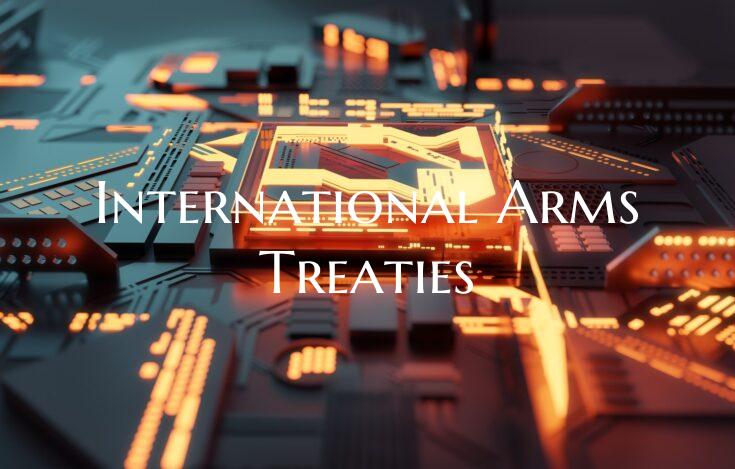International Arms Treaties
International Arms Treaties: Promoting Global Security and Peace
International arms treaties play a crucial role in promoting global security, reducing conflict, and advancing peace among nations. These agreements aim to control the production, trade, and proliferation of conventional weapons, such as firearms, missiles, and military equipment. By establishing common rules and standards that countries must follow, international arms treaties contribute to the prevention of armed conflicts, the promotion of stability, and the protection of human rights.
One of the most significant international arms treaties is the Arms Trade Treaty (ATT), which was adopted by the United Nations General Assembly in 2013. The ATT regulates the international trade in conventional arms and seeks to prevent illicit transfers that could fuel conflicts, facilitate human rights abuses, or undermine peace and security. By requiring States Parties to assess the risks of arms transfers and to ensure that weapons are not used to commit atrocities, the ATT contributes to building a more secure and peaceful world.
Another important arms control agreement is the Treaty on the Non-Proliferation of Nuclear Weapons (NPT), which aims to prevent the spread of nuclear weapons and promote disarmament. The NPT has been a cornerstone of global efforts to prevent the use of nuclear weapons and has contributed to the reduction of nuclear arsenals among nuclear-armed states. By promoting transparency, cooperation, and confidence-building measures, the NPT has been instrumental in reducing the risk of nuclear conflict and advancing nuclear disarmament.
In addition to the ATT and the NPT, there are other regional and international arms control agreements that address specific types of weapons or regional security challenges. These treaties reflect the shared commitment of the international community to promoting peace, security, and stability through arms control and disarmament measures.
Despite the important role of international arms treaties in enhancing global security, challenges remain in their implementation and enforcement. States must demonstrate political will, cooperation, and transparency in fulfilling their obligations under these agreements. Efforts to address issues such as illicit arms trafficking, irresponsible arms transfers, and the proliferation of weapons of mass destruction require continued international cooperation and coordination.
In conclusion, international arms treaties are essential tools for promoting global security, preventing conflicts, and advancing peace. By upholding the principles of disarmament, non-proliferation, and arms control, these agreements contribute to creating a safer and more peaceful world for present and future generations. It is crucial for states to uphold their commitments under international arms treaties and work together to address emerging security challenges in a cooperative and inclusive manner.

